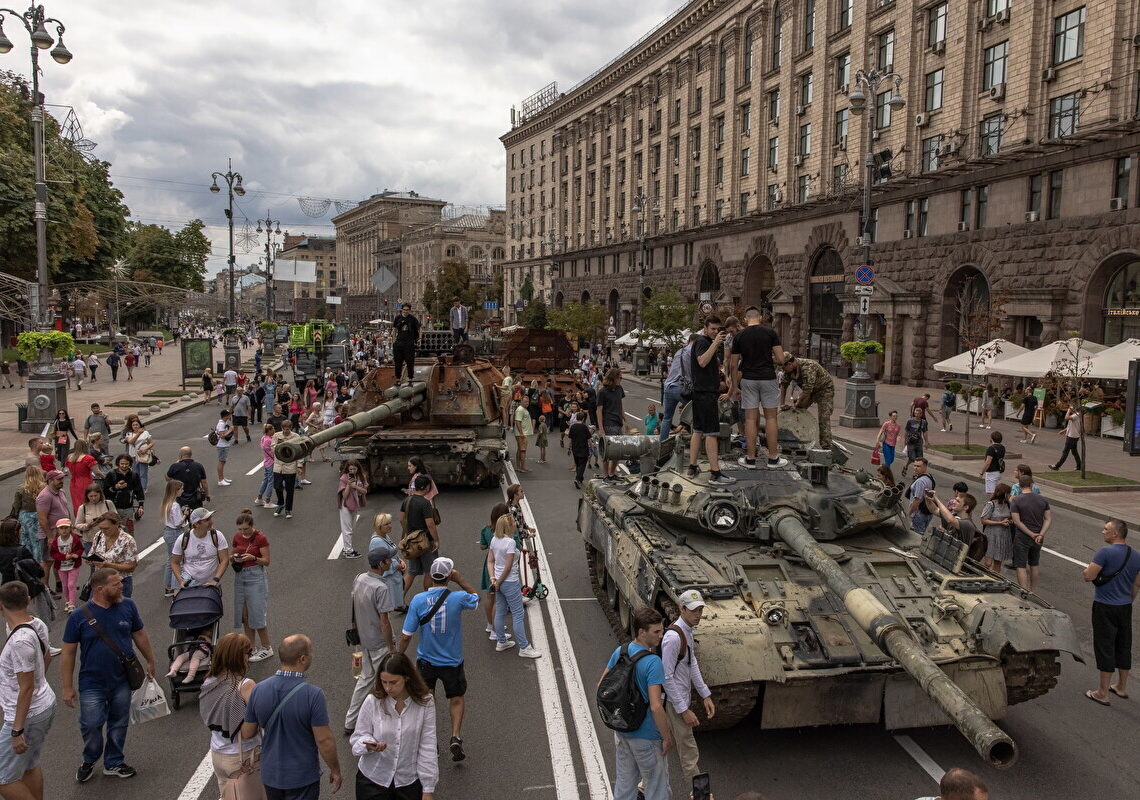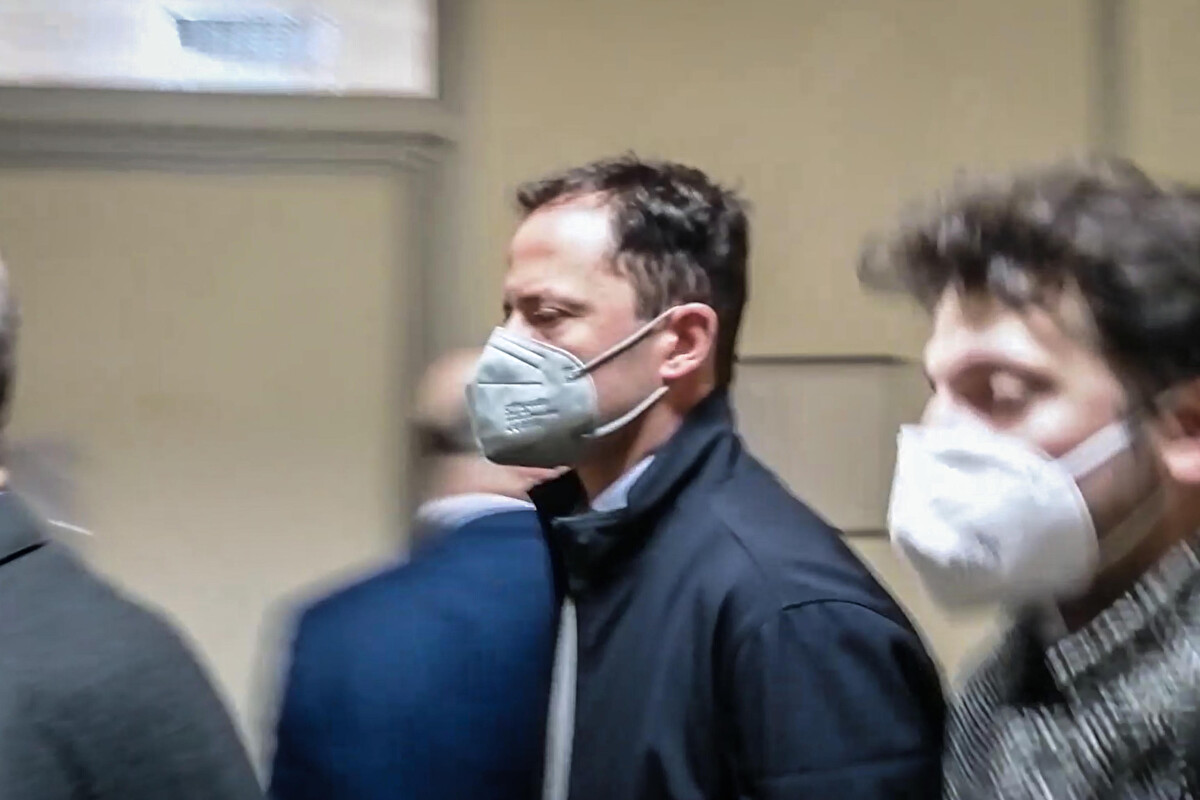The war between Russia and Ukraine has taken a turn in the past weeks as Ukrainian forces take back territory they had lost in the early Russian advances.
Soldiers who have fought in what the Kremlin insists on calling its “special operation” are returning home, refusing to go back to the front, and challenging the official narrative surrounding the war. As Ukraine retakes territory, videos are appearing online showing massive amounts of equipment abandoned by retreating Russian soldiers.
Soldiers returning from the fighting are telling a different story of what the war looks like on the ground. While the television has told the public that they’ve been fighting a good, clean war, soldiers are telling their friends, families and fellow citizens stories of a chaotic, unclear and troubled operation.
“Russian society, just as the Russian army, is decaying and falling apart because of corruption,” Pavel Filatyev, a Russian soldier who has published a scathing memoir of the first two months of the war, told NBC News. “So, the Russian army often is not acting carefully, they are acting unprofessionally, and a lot of mistakes are being made.”
Filatyev fled Russia last month after publishing his 141-page account of the war on the Russian social media network VKontakte. NBC News interviewed him in Paris, where he is now seeking asylum. He said that he was stationed in Crimea on exercises before the start of the war Feb. 24, and his unit was sent into the southern Kherson region without sufficient supplies and ammunition.
“Everyone steals as much as they can at each and every level,” Filatyev said when asked about the reason for equipment shortages. “On paper, everything is amazing. Our soldiers should be well-fed and happy. But in practice, somewhere along the line the extra food was stolen and sold, same with boots and even bulletproof vests.”
His account of the war paints a picture of a military that was left in the dark about Putin’s intentions before the war began, and under-equipped and mismanaged after troops were ordered into Ukraine. Ultimately, according to Filatyev, the blame falls solely on Putin.
“If you go to Avito and type in bulletproof vest, where do you think those are coming from?” he said, referring to a Craigslist-style service in Russia. “Soldiers are stealing and selling them. Obviously, higher ranked people can sell more, such as ammunition. And at the top, it’s obvious that corruption is through the roof … because Putin just can’t seem to effectively govern the nation.” The fact that the public is interested in buying such military and protective gear as bulletproof vests also is revealing in itself, as rumors abound that fear is spreading among the public that until recently was almost totally insulated from the war, first by virtue of the distances from the actual fighting, and secondly because of the tight control that Putin had on the dissemination of information regarding the progress of the war. That hold has considerably loosened lately and the public is becoming aware about the reality.
Accounts such as Filatyev’s now suggest that Russia cannot win the war unless it introduces some degree of a draft. Over the past few days, this sentiment has started spilling over from marginal radical Telegram channels into the official sanctioned discourse on Russian television. One noteworthy incident took place on a Sunday talk show in which guests openly criticized the war and its goals, with some panelists claiming that Russia will now lose the war unless Putin calls for a full mobilization of the Russian military, which is made up of a mix of paid soldiers and conscripts. This kind of public criticism of the war would have been nearly unthinkable until just recently, as any criticism had been criminalized at the start of the war:.
“On March 23, Russia’s parliament adopted amendments effectively expanding the ban on criticizing the armed forces to banning criticism of all Russian government actions abroad.”
The Kremlin understands that any level of a military draft would be an unpopular decision among the pacified and apathetic Russian public. It said this week that mobilization was not yet in the cards and openly warned those who are seen as patriotic dissenters from crossing the line, but such warnings seem to have lost their teeth as Putin’s boast about a certain victory over the Ukrainians becomes more and more uncertain.












